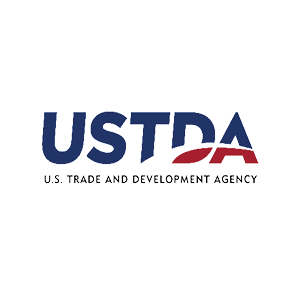The United States’ Trade and Development Agency has announced an awarded technical assistance grant to the Africa Finance Corporation for an environmental and social impact assessment (ESIA), on a 485-mile rail line that will link Angola and Zambia.
The project is aimed to facilitate economic activity, trade and critical minerals development between the Port of Lobito in Angola and Zambia’s resource-rich Copperbelt region. USTDA Director, Enoh T. Ebong, made the announcement at a signing ceremony during the UN General Assembly in New York City.
“This project will help reshape the economic landscape of Angola, Zambia, and the Democratic Republic of the Congo, and will foster trade, while uplifting the people whose livelihoods will be tied to economic activity along the corridor,” said Director Ebong.
“USTDA’s partnership with the Africa Finance Corporation will help mobilize financing and ensure the highest project development standards for the rail line. U.S. companies are well positioned to provide innovative solutions and expertise to this project.”
This USTDA-funded ESIA will provide essential analysis and recommendations for the railway project, such as air and water quality assessments, natural disaster and climate risk assessments, and strategies to mitigate the impacts of developing the new rail line.
Support for the rail line will contribute to the development of the Lobito Corridor, a U.S. government priority under the Partnership for Global Infrastructure and Investment (PGI), that seeks to provide a private sector-driven, sustainable and transparent option for emerging markets seeking infrastructure investment to accelerate inclusive economic development.
“Once completed, the Zambia Lobito Rail Corridor will establish a trans-continental trade corridor which will facilitate trade and investment across Africa and in various sectors including mining, agriculture, energy and tourism,” said Samaila Zubairu, President and CEO of Africa Finance Corporation.
“We are therefore pleased to receive this project preparation grant from USTDA to advance the ESIA for the project, underscoring the significance of investing in enabling infrastructure in Africa to secure trade routes and enable critical minerals supply for the global energy transition,” he stated.



